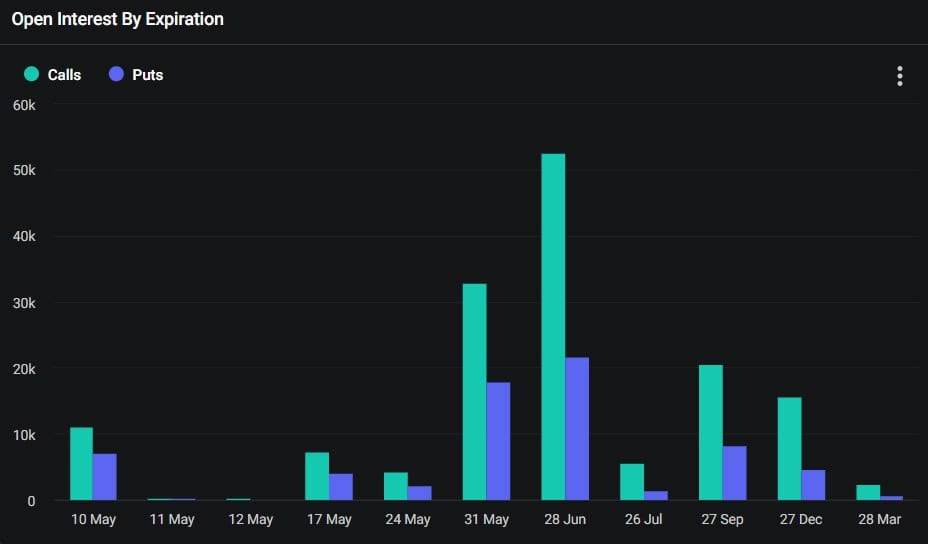In the ever-evolving landscape of video game development, the emergence of generative artificial intelligence (AI) is poised to revolutionize the industry. According to Unity CEO, John Riccitiello, this technology has the potential to significantly accelerate the game design process, reducing the time required by five to 10 times. By leveraging generative AI, game developers can streamline various aspects, ranging from environmental details to character behaviors and dialogues, resulting in more immersive and visually stunning gaming worlds.
Unity CEO drums support for the integration of AI into the gaming industry
The advantages of generative AI extend beyond the design phase. Riccitiello highlights that AI tools can expedite testing, fine-tuning, and debugging processes, simulating in-game scenarios much faster than traditional methods. This efficiency not only enhances the quality of the final product but also reduces development costs. Consequently, Riccitiello predicts that generative AI will make games faster, cheaper, and ultimately better, as it is already being implemented within the industry.
However, concerns have arisen regarding the potential impact of AI on job stability. In other creative fields like TV and film writing, anxiety surrounding the automation of tasks has led to strikes and labor disputes. Similar worries have been expressed within the gaming industry, prompting discussions about possible mass layoffs resulting from the adoption of generative AI. Nevertheless, Riccitiello believes that rather than replacing human creators, AI will empower them to achieve greater productivity. He envisions a future where human ingenuity, combined with AI tools, will accelerate the development of high-quality gaming titles.
Unity, a leading player in game development software, is already embracing generative AI. The company has introduced its own AI tools, Muse and Sentis, which are set to launch globally later this year. Muse, akin to OpenAI’s GPT models, empowers game designers to create real-time 3D applications and experiences using text prompts. On the other hand, Sentis aims to integrate AI models into Unity’s gaming platforms, enabling the creation of autonomous non-playable characters (NPCs) that exhibit lifelike behaviors and interactions.
Riccitiello tips AI to enhance creativity and innovation in the industry
Unity’s commitment to generative AI reflects a broader trend within the industry. Roblox, another prominent player, has also announced plans to develop proprietary AI technology to enhance the emergent experiences within its platform. This increased investment in generative AI underscores the transformative potential it holds for the future of video game development.
By harnessing generative AI, game developers can unlock new levels of creativity and efficiency. The technology’s ability to automate repetitive tasks and generate realistic game elements empowers human creators to focus on higher-level design and innovation. While concerns about job displacement persist, Riccitiello contends that AI will serve as a force multiplier for industry professionals, augmenting their abilities rather than replacing them.
As the gaming industry continues to push the boundaries of entertainment, generative AI promises to play a pivotal role. The combination of human creativity and AI-powered tools has the potential to deliver more engaging and captivating gaming experiences than ever before. With the assistance of generative AI, the development of AAA gaming titles can be expedited, enabling game designers to bring their visions to life at an unprecedented pace.
The integration of generative AI into video game development represents a significant leap forward for the industry. The streamlined design process, enhanced testing capabilities, and the potential for more immersive experiences all indicate a bright future for gaming. Rather than replacing human creators, AI serves as a powerful tool that amplifies their capabilities and fuels their creativity. As companies like Unity and Roblox lead the way in developing generative AI technologies, the gaming industry is poised to enter a new era of innovation and entertainment.





